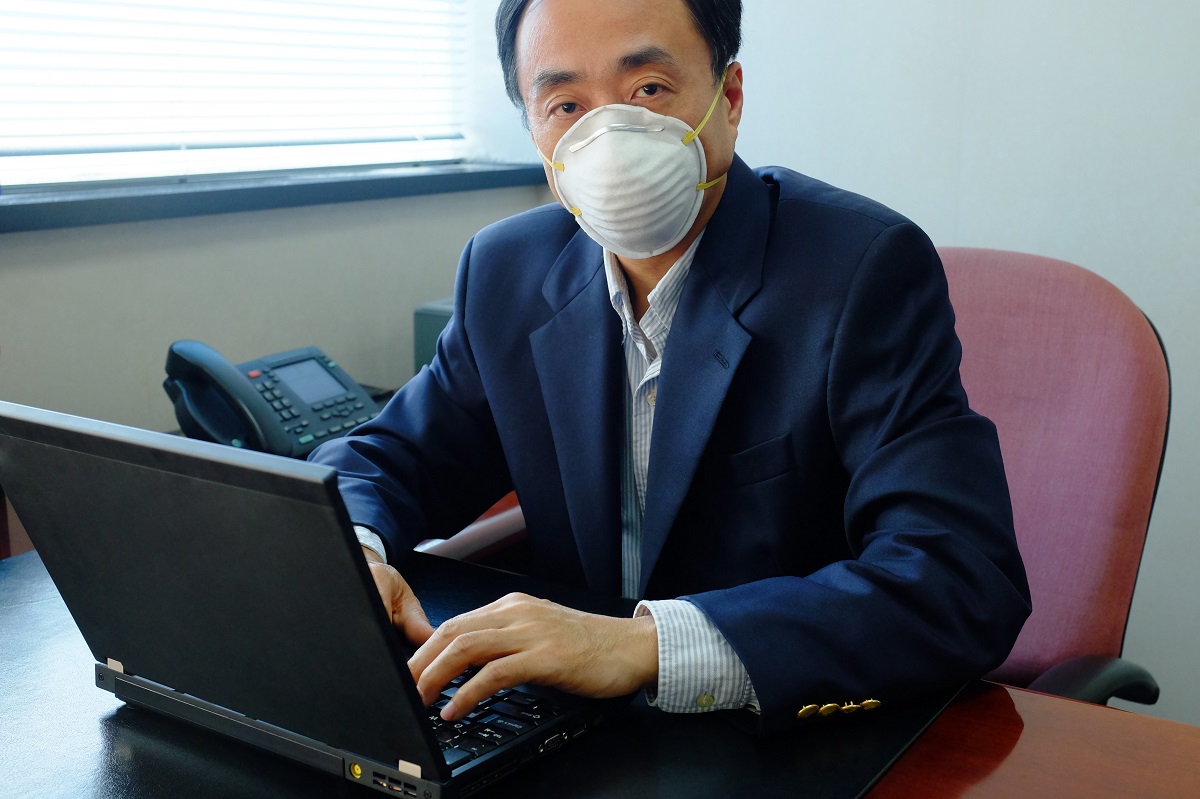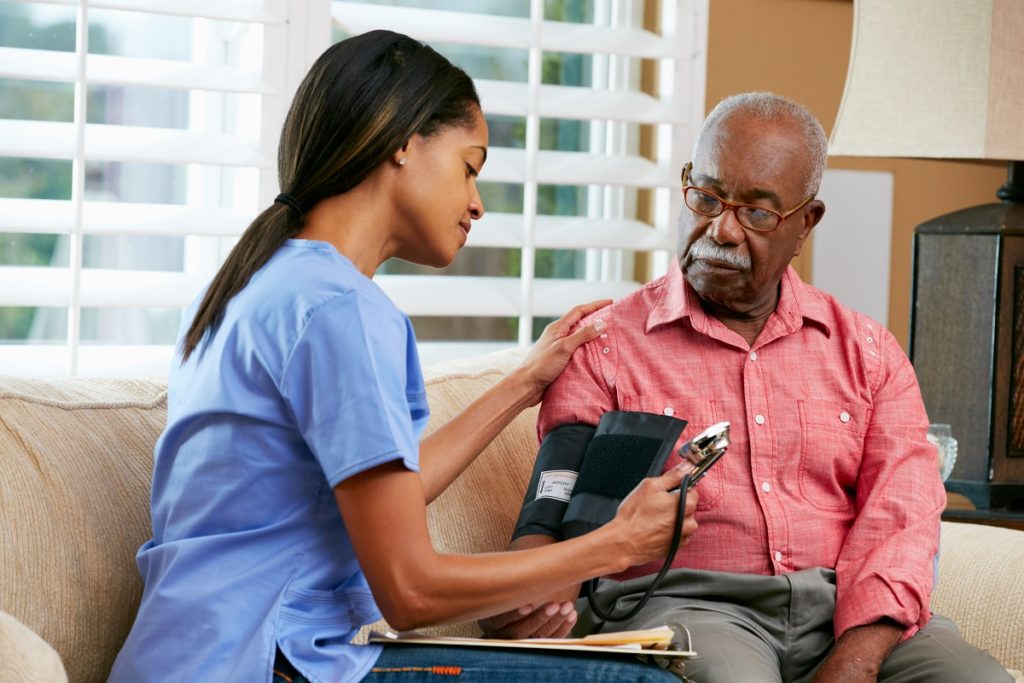The pandemic has shaken the entire world, and we’re barely halfway through 2020. Experts are rushing to develop a vaccine. Leaders are straining to organize adequate responses. In the meantime, everybody has experienced the fallout of the coronavirus in some way, through the loss of loved ones, jobs, social interactions, or general quality of life.
However, no demographic has been affected worse than our seniors. Older adults are more susceptible in general due to inevitable physical deterioration associated with age. Existing conditions can further heighten the risk. Their reliance on healthcare services and lack of reliable income will continue to pose issues, even when we enter the recovery period after this crisis.
Sooner or later, we’ll all have to consider this problem. What is the outlook for seniors in the wake of the pandemic, and what can be done to improve it on the individual level?
Lasting changes for all
Sadly, even as our world is fraught with uncertainty, we can be sure of one thing: the coronavirus isn’t going away anytime soon. Epidemiologists say that SARS CoV-2 can become endemic, joining the likes of HIV, chickenpox, and measles on the list of viruses that are indefinitely in circulation.
Combined with projections that a vaccine developed even by year’s end would take time to mass-produce and distribute, and it seems that pandemic-induced changes are likely to stay. People will continue to wear masks, go out less, and observe social distancing and disinfection practices.
If our new normal will remain heavily influenced by the pandemic, it will affect everybody in many ways. Some of them are impossible to foresee. But we already know that millions of jobs have been lost. Most of the remaining opportunities for work and continued education involve technology and the internet. Many people will miss out on the benefits of regular physical activity and social interactions.
It might seem that some of those changes would have a mild impact on seniors. In general, they already have reduced mobility, don’t earn, and don’t depend on the internet. But everyone ages. Senior problems will be our problems in the future.

Difficult questions for individuals
Put from that perspective, we all have to consider some difficult questions. Some of these will hopefully be addressed in time by our leaders in government, business, and healthcare. Indeed, we could all use more patience and information as the situation continues to unfold a little differently in each location.
Yet as individuals, we can always take steps to be prepared. Doing so will also help alleviate our anxiety by lessening our concerns. For example, it’s mostly out of our hands if the government can help increase provisioning for senior healthcare. But we can reduce our healthcare expenses by working to improve health right now. If you can develop the habits of regular exercise and healthy eating, even amid a lockdown, you’ll be able to maintain good health in the new normal.
Financial considerations are another area in which we can make adjustments to improve our future. Under normal circumstances, you might have been doing enough to make ends meet while saving up for your retirement. Now that the parameters of society and the economy are changing, more income might be necessary. More people might need to find a side hustle online. Older people, even current seniors, might have to sharpen their internet literacy to leverage their experience and continue earning past the retirement age.
The community factor
In much of the developed world, the benefits of community are lacking in several areas compared to traditional societies. Jared Diamond points out these deficiencies, particularly in childcare and senior care, in his book The World Until Yesterday. It seems that we all understand the benefits of a social support network for alcohol rehab, but overlook them for seniors.
Being a part of the right community can be critical for seniors in the new normal. The majority of deaths among seniors are currently being reported among nursing homes. A more traditional community would have balanced interactions across age groups. The young can provide small services to make living easier for the old. In turn, elders share their extensive knowledge with younger generations.
For seniors, a healthy community represents a chance to continue making meaningful contributions to society. It also changes perceptions and makes younger people value them more. We might not be able to predict how the future unfolds, but the community factor could be critical in guiding your decision on where to live and how to play out your final chapter.

